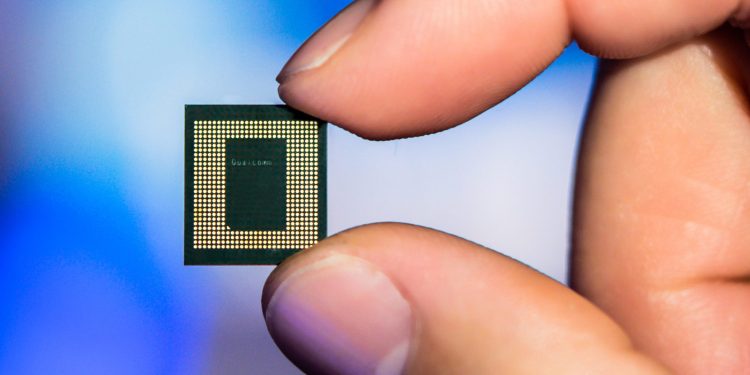(Reuters) — Qualcomm on Wednesday detailed the first significant sales gains from a new category of chip it’s selling to mobile phone makers, but it also disclosed that an antitrust investigation has started around those chips.
The European Union is investigating whether Qualcomm engaged in anti-competitive behavior by leveraging its market position in 5G modem chips in the radio frequency chip market, the San Diego company said on Wednesday in a regulatory filing.
The disclosure comes after the company spent years battling regulators — and paid billions of dollars in fines — over allegations that it engaged in anticompetitive patent licensing practices. Qualcomm last year lost a case brought by the U.S. Federal Trade Commission and remains locked in an appeal.
Qualcomm supplies “modem” chips, also sometimes called baseband processors, that connect mobile phones to wireless data networks.
June 5th: The AI Audit in NYC
Join us next week in NYC to engage with top executive leaders, delving into strategies for auditing AI models to ensure fairness, optimal performance, and ethical compliance across diverse organizations. Secure your attendance for this exclusive invite-only event.
But the company is also expanding into a related field, dealing with radio frequency front-end chips, which have become more complex in phones that use 5G networks.
Qualcomm has been trying to persuade phone makers to buy its radio frequency chips, together with its own modem chips, rather than selecting parts from separate vendors and integrating them.
Other major suppliers of radio frequency chips are Broadcom, Skyworks Solutions, and Qorvo.
Qualcomm executives said on Wednesday that revenue from the radio frequency market contributed to a sales forecast that beat analyst expectations.
In Wednesday’s filing, Qualcomm said it was in the process of responding to a probe by the European Commission, the EU’s executive branch, after it served a request for information with the company on December 3.
Qualcomm said the commission could impose a fine of up to 10% of its annual revenue if a violation is found.
Qualcomm was fined €242 million ($272 million) by the European Commission in July of last year for blocking a rival from the market about a decade ago, its second EU antitrust penalty. The Commission had also fined Qualcomm €997 million ($1.2 billion) during 2018 for paying iPhone maker Apple to use only its chips, a tactic aimed at thwarting rivals, including Intel.
Qualcomm has won radio frequency chip contracts with Samsung, Alphabet’s Google, and LG Electronics, among others.
Analysts said the EU investigation was unlikely to slow Qualcomm’s progress in the radio frequency chip market.
“Qualcomm has been penalized many times for anti-competitive practices. It’s one of the risks of the story,” said Chaim Siegel, an analyst at Elazar Advisors. “They have market clout because their technology is much better than the competition.”


